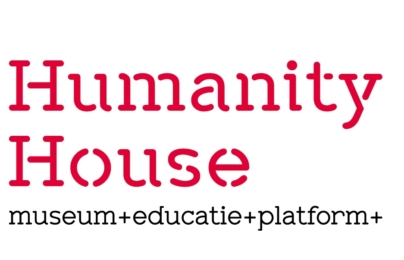Localization: will the Sulawesi response be a game-changer?
Localization is one of the hot topics within the humanitarian sector. During the World Humanitarian Summit in 2016, the biggest donors and aid providers promised to transfer more resources and power to the people in need, resulting in the ten commitments of the Grand Bargain related to localization (e.g. commitment two: “more support and funding tools for local and national responders”).
In reality, it remains challenging to advance this localization agenda. In times of disaster, international aid organisations still remain in control. Last year after the tsunami in Sulawesi, the Indonesian government controlled the access of international aid organisations to the affected areas . This represents an interesting case study within the localization agenda. Jemilah Mahmood, a humanitarian expert working as Under Secretary General for Partnerships at the International Federation of Red Cross and Red Crescent Societies (IFRC), elaborated on the relationship between local and international aid organisations and the case study of Sulawesi.
About the speakers
- Jemilah Mahmood, works as Under Secretary General of the International Federation of Red Cross and Red Crescent Societies (IFRC). She is also known as the founder of MERCY Malaysia and worked as the chief of the World Humanitarian Summit secretariat at the United Nations in New York.
- Christine Pirenne, Head of the Department for Humanitarian Affairs at the Dutch Ministry of Foreign Affairs.
- Ton Huijzer, will give an introduction to the issue from a humanitarian perspective. He is a consultant to the humanitarian aid sector. Prior to this he worked at the Red Cross and the International Rescue Committee / Stichting Vluchteling.
- Saskia Harmsen joined Oxfam in 2016. As change manager for the Charter for Change (C4C) in Oxfam. Saskia coordinates and supports internal organizational change processes related to enabling local humanitarian leadership and localization of humanitarian aid.
- Moderator is Roanne van Voorst. Roanne is a postdoctoral researcher, involved in the research project ”When disaster meets conflict: disaster response of humanitarian aid and local state and non-state institutions in different conflict scenarios”. She has a background in anthropology and development; her main research interests focus on natural hazards, poverty and humanitarian aid.
For the report of this meeting, click here.
About the series 'Humanitarian Hot Topics'
KUNO & Humanity House organise the series ‘Humanitarian Hot Topics’. For each edition they invite a speaker with an outspoken vision on much discussed hot topics within the humanitarian sector, such as migration, #metoo and localization. After a short plea, the speaker will go into dialogue with the speakers from the humanitarian sectors and the audience. These series are made possible through the financial support of ten different humanitarian emergency aid organisations.
To read more about Humanity House, click here.

